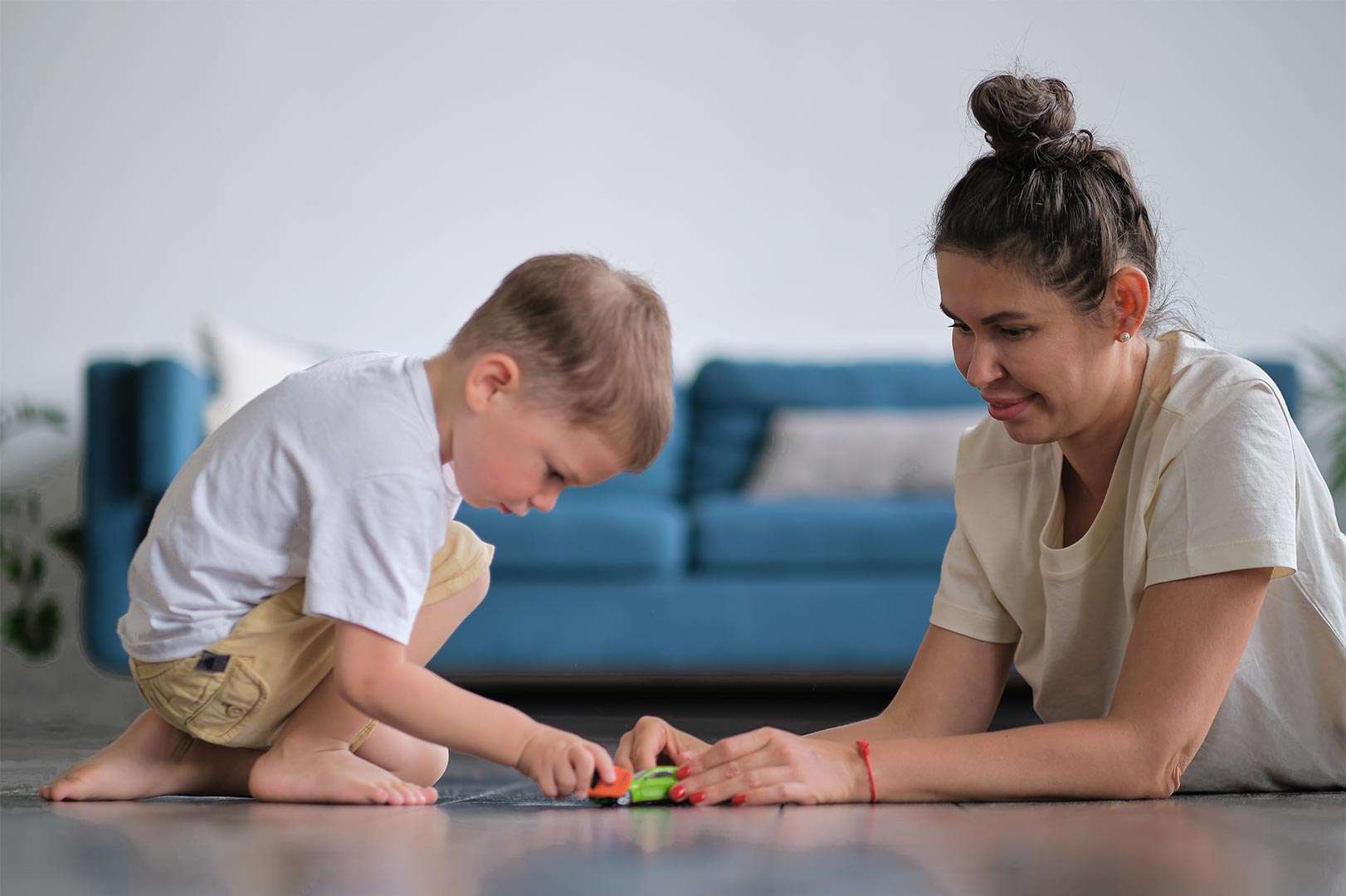1. Provide a safe and structured environment
Children with ASD often feel overwhelmed by sensory input. They may be sensitive to noise, light, or touch. It is important to create a classroom environment that is as calm and predictable as possible.
This means reducing distractions, providing clear expectations, and using visual supports. Visual supports can help children understand what is expected of them and how to behave in different situations.
2. Use visual supports
Visual supports can be very helpful for children with ASD. They can help children understand what is expected of them, how to behave in different situations, and how to communicate their needs.
There are many different types of visual supports, such as picture schedules, social stories, and task analysis charts. Picture schedules can help children understand the sequence of events in a day. Social stories can help children understand social interactions. Task analysis charts can help children break down a task into smaller steps.
3. Offer individualized instruction
Children with ASD learn in different ways than other children. They may need more time to process information and they may need individualized instruction.
Educators can offer individualized instruction by adapting the curriculum, providing one-on-one support, and using different teaching methods.
4. Collaborate with parents
The best way to support a child with ASD in the classroom is to collaborate with parents. Parents can provide valuable information about their child’s strengths and weaknesses. They can also help educators develop individualized plans for their child.
Conclusion:
Educators can play a vital role in supporting children with ASD in the classroom. By providing a safe and structured environment, using visual supports, offering individualized instruction, and collaborating with parents, educators can help children with ASD reach their full potential.
If you are an educator who is interested in learning more about how to support children with ASD in the classroom, there are many resources available. You can find books, articles, and websites that offer information and tips. You can also attend conferences and workshops that focus on autism education.
Find out if your child needs extra support today!
- My child screams hysterically
- My child is mean to other children
- My child is always worried
- My child is scared to go to school
- My child is scared of loud noises
- My child doesn’t know how to read
- My child is scared to play outside
- My child does not respond to his name
- My child always gets in trouble
- My child fights with other children
- My child doesn’t know how to count
If you are concerned about your child’s development, contact us for Assessments: Phone/Telegram: 077.455.993 – Telegram Link: https://t.me/OrbRom
If you are concerned about your child’s development, contact us for Assessments.
Phone/Telegram: 077.455.993 Link: https://t.me/OrbRom






Leave A Comment